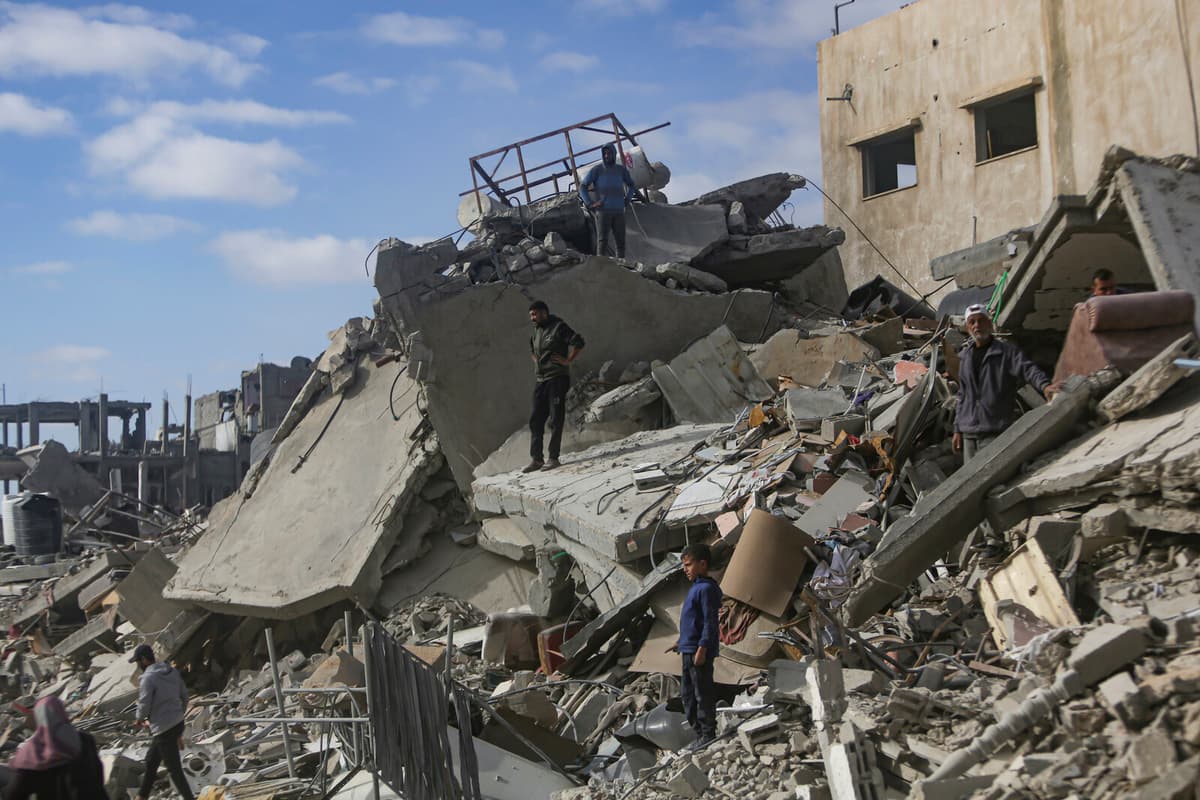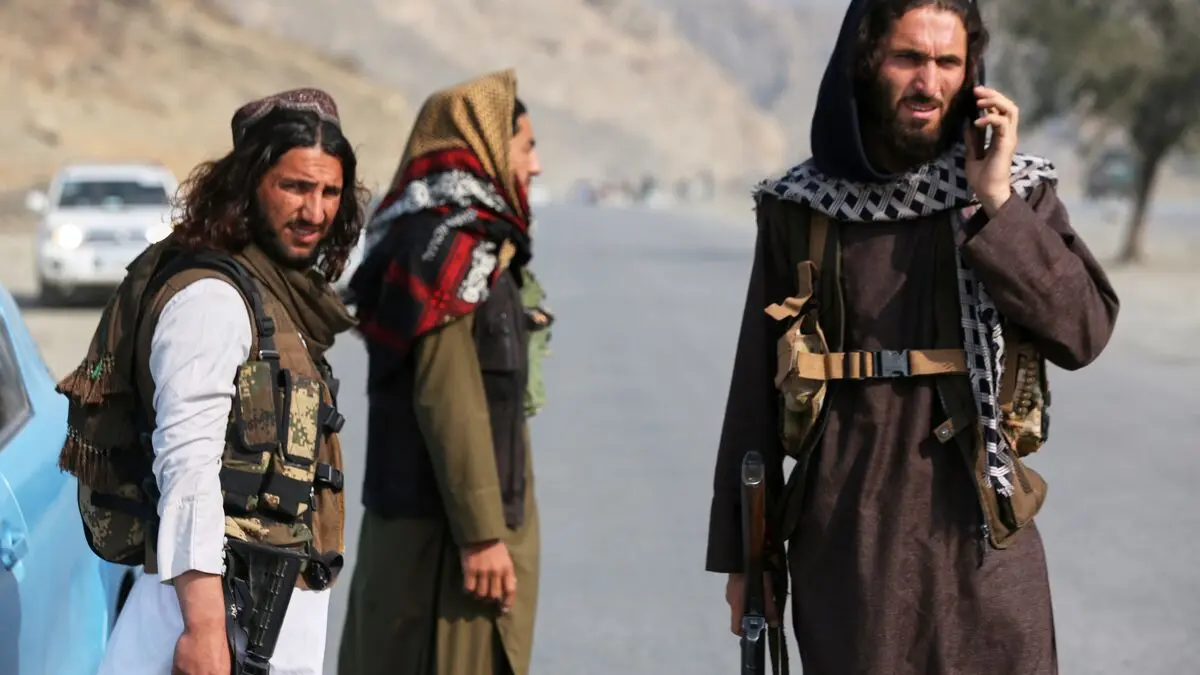Safaa Mahmoud could hardly believe it when she didn't wake up in horror, as she had done every night since the war broke out.
The sound of birds was wonderful, she says to BBC from Khan Yunis, where she has lived in a tent with her father and sisters since the outbreak of the war.
Further north, a stream of people is moving through an apocalyptic landscape. Large parts of northern Gaza lie in ruins, bombed to unrecognizability, but many still want to return home as soon as they can.
Some hope to find belongings that have survived the bombs, others are searching for loved ones who are still buried in the rubble. According to the civil defense in Hamas-ruled Gaza, around 10,000 people are missing after the war.
Like a horror movie
Others just want to go home.
We're finally home. There's no home left, just rubble, but it's our home, says 43-year-old Rana Mohsen to AFP in Jabalia.
It feels like I've finally found some water to drink after being lost in the desert for 15 months, says Aya in Gaza City to Reuters.
In southern Gaza, people are also returning to what's left of their homes. In many cases, it's nothing. According to the UN, around 60 percent of all buildings in Gaza have been completely or partially destroyed during the war. Some returnees find remains in the ruins, reports AP.
It's like a horror movie from Hollywood, says Mohamed Abu Taha in Rafah to the news agency.
Houses leveled to the ground, human remains, skulls and other body parts on the streets and in the rubble.
"Feels peaceful"
For many Gazans, the ceasefire comes too late: they have already lost both their family members and their homes. The ceasefire is also extremely fragile – but no matter how long it lasts, it gives a respite after 15 months of constant bombardment.
Gaza feels very different this morning, says Sam Rose at the UN agency Unrwa to BBC Today.
No bombs, no drones... It feels peaceful. Children are playing and people are out and about. They can breathe without fear.
The war in Gaza broke out after the terrorist-stamped Hamas attack on Israel on October 7, 2023. Then, around 250 people were taken hostage, most of them Israelis, and were brought to Gaza. Some of them are still being held by Hamas and other armed extremist groups that participated in the attack.
During a week-long ceasefire in November 2023, over 100 hostages were exchanged for 240 Palestinian prisoners. A few more Israelis have been freed by the country's military.
Currently, it is estimated that nearly 100 hostages are still being held in Gaza. However, it is unclear how many of them are still alive.
More than 47,000 Palestinians in Gaza have been killed since the start of the war, according to health authorities in Hamas-ruled Gaza. A study published in the British medical journal The Lancet earlier in January suggests that significantly more than that may have been killed in the war. A reasonable assumption is, according to the researchers, that over 64,000 may have died just during the war's first nine months.
During the war, nearly 1,600 Israelis have been killed, around 1,200 of them during the October 7 attack, according to Israeli authorities.
Almost the entire population of Gaza is on the run within the territory's borders, according to UN estimates. Many of them have been forced to flee several times. Large parts of Gaza's infrastructure lie in ruins.






